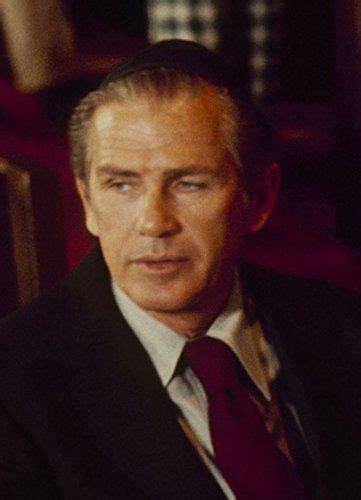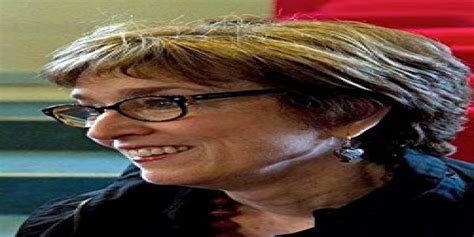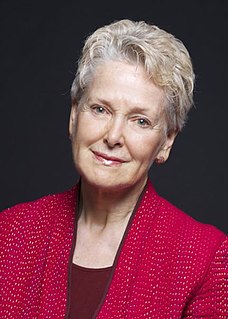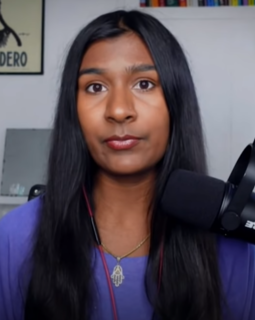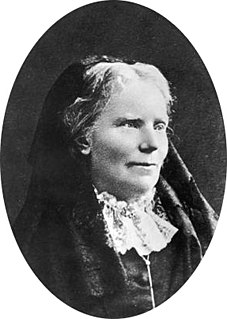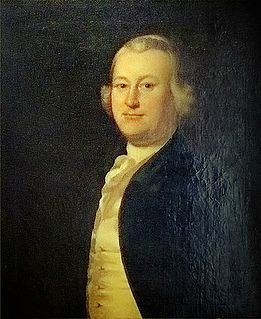A Quote by Noam Chomsky
Women didn't have rights. Under British common law, women were property.
Related Quotes
My own life values were shaped in great part by my mother, who instigated women's clubs in my village. Women were able to organize and stand together. What inspired me most about their work was the power it gave them to assert their rights and the rights of their daughters, be it education or property inheritance.
Property rights can improve a woman's ability to stand up to violence in the home. You might think education and employment are important because they give women exit options, but property is as well. Give women equal property rights to inherited land, then they have an asset they can take out of the marriage. This gives husbands strong incentives to not beat them.
Dubai was brilliant, they looked around the world. They saw Hong Kong, Singapore, New York, Chicago, Sydney, London all ran British common law. British common law is much better for commerce than is French common law or sharia law. So they took 110 acres of Dubai soil, put British common law with a British judge in charge, and they went from an empty piece of soil to the 16th most powerful financial center in [the] world in eight years.
The biblical assertion that women are created in God's image and Boaz's advocacy for Ruth and Naomi necessarily mean women, then and now, have inherent God-given rights. This surely means the church should be at the forefront of advocating for women's rights - not merely political and legal rights, but as in the case of Boaz moving beyond the letter of the law to exceed how any culture regards women.
Even into the 20th century, women were still struggling in the Western world for rights that Islam had granted women in the 7th century: equal rights to education; the right to own and inherit property; to have a voice in the decisions affecting their lives; to be active, engaged, and valued members of society at all levels.
In the early fight for women's rights, the point was not that women were morally superior or better. The conversation was about the difference between men and women - power, privilege, voting rights, etc. Unfortunately, it quickly moved to the "women are better" argument. If this were true in life or in fiction, we wouldn't have any dark or deep characters. We wouldn't have any Salomes, Carmens, Ophelias. We wouldn't have any jealousy or passion.
Every British Subject born on the continent of America, or in any other of the British dominions, is by the law of God and nature, by the common law, and by act of parliament, (exclusive of all charters from the crown) entitled to all the natural, essential, inherent and inseparable rights of our fellow subjects in Great- Britain.
Probably the institution of marriage had its origin in love of property. Both men and women were united in this--that whatever they loved best, they wished to possess. The usual theory holds that the communal system would not permit the gratification of this desire at the expense of communal rights, and that therefore men were driven to gratify their passion by purchasing or by capturing women from neighboring and hostile tribes.



